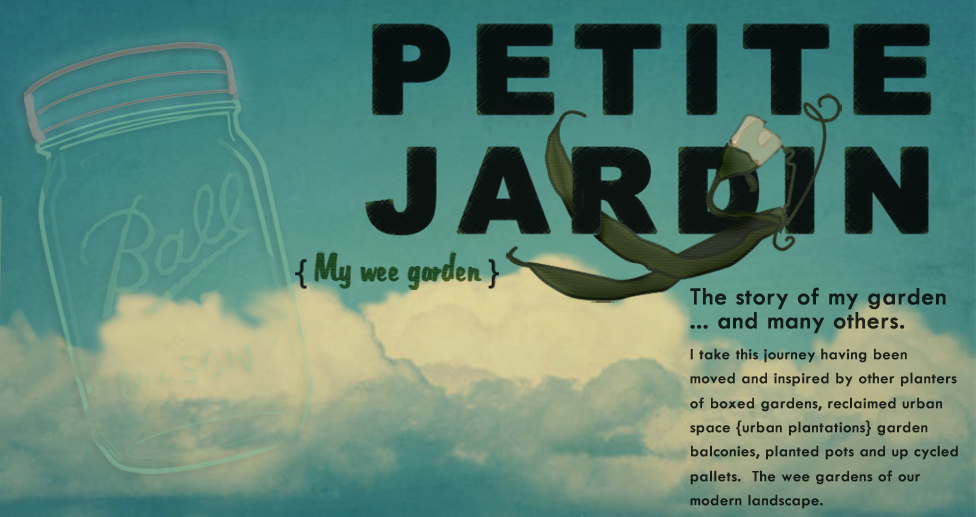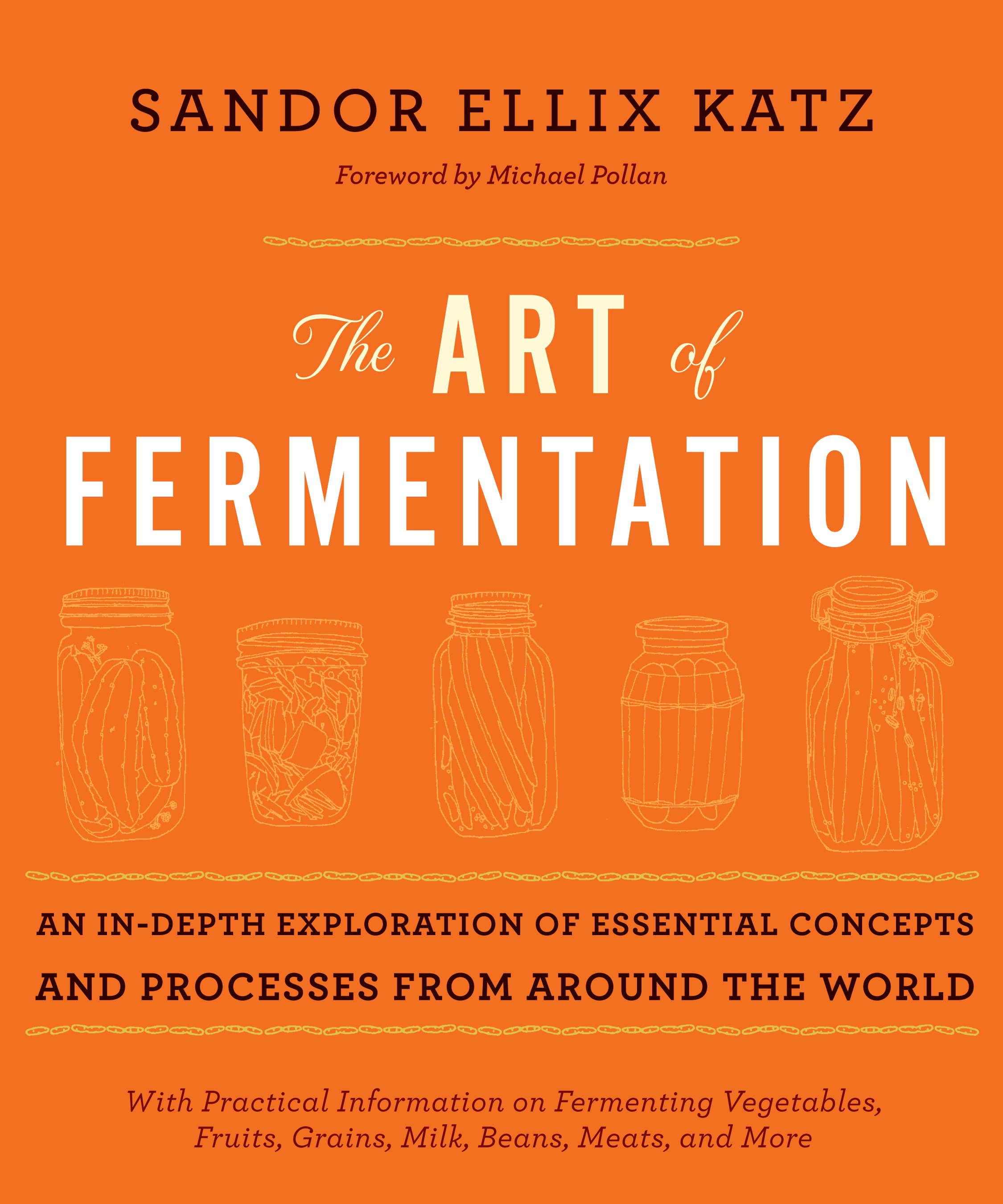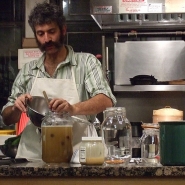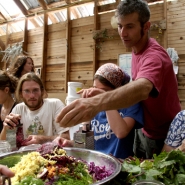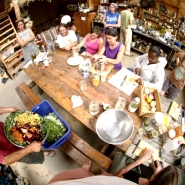Tulsa Cuts Down Edible Garden
TULSA, Oklahoma -
A Tulsa woman is suing the city's code enforcement officers after she said they cut down her garden with no cause. Denise Morrison said she has more than 100 plant varieties in her front and back yards and all of them are edible and have a purpose.
She knows which ones will treat arthritis, which will make your food spicy, which ones keep mosquitoes away and treat bug bites, but she said none of that matter to city inspectors.
Last August, Morrison's front and back yards were filled with flowers in bloom, lemon, stevia, garlic chives, grapes, strawberries, apple mint, spearmint, peppermint, an apple tree, walnut tree, pecan trees and much more.
She got a letter from the city saying there had been a complaint about her yard.
She said she took pictures to meet with city inspectors, but they wouldn't listen, so she invited them to her home so they could point out the problem areas.
"Everything, everything needs to go," Morrison said they told her.
When she heard they wanted to cut it all down, she called police. The officer issued her a citation so it could be worked out in court.
She said she went to court on August 15, and the judge told them to come back in October. But the very next day, men were cutting down most of her plants.
They even cut down some of her trees -– ones that bore fruit and nuts -– and went up next to her house and basically removed everything in her front flower bed.
"I came back three days later, sat in my driveway, cried and left," Morrison said.
Morrison said she had a problem at her last property with code enforcement, so this time, she read the ordinance, which says plants can't be over 12-inches tall unless they're used for human consumption. She made sure everything she grew could be eaten, which she told the inspectors.
"Every word out of their mouth was, 'we don't care,'" Morrison said.
Morrison said she used many of the plants that were destroyed to treat her diabetes, high-blood pressure and arthritis.
"Not only are the plants my livelihood, they're my food and I was unemployed at the time and had no food left, no medicine left, and I didn't have insurance," Morrison said. "They took away my life and livelihood."
Morrison finally went to court last week for the citation she got last August at another property. The garden portion of the citation was dismissed and she pleaded no contest to having an inoperable truck in her driveway.
She filed a civil rights lawsuit this week, accusing the inspectors of overstepping their authority.
The City of Tulsa said it hasn't received the lawsuit yet, so it couldn't comment.





